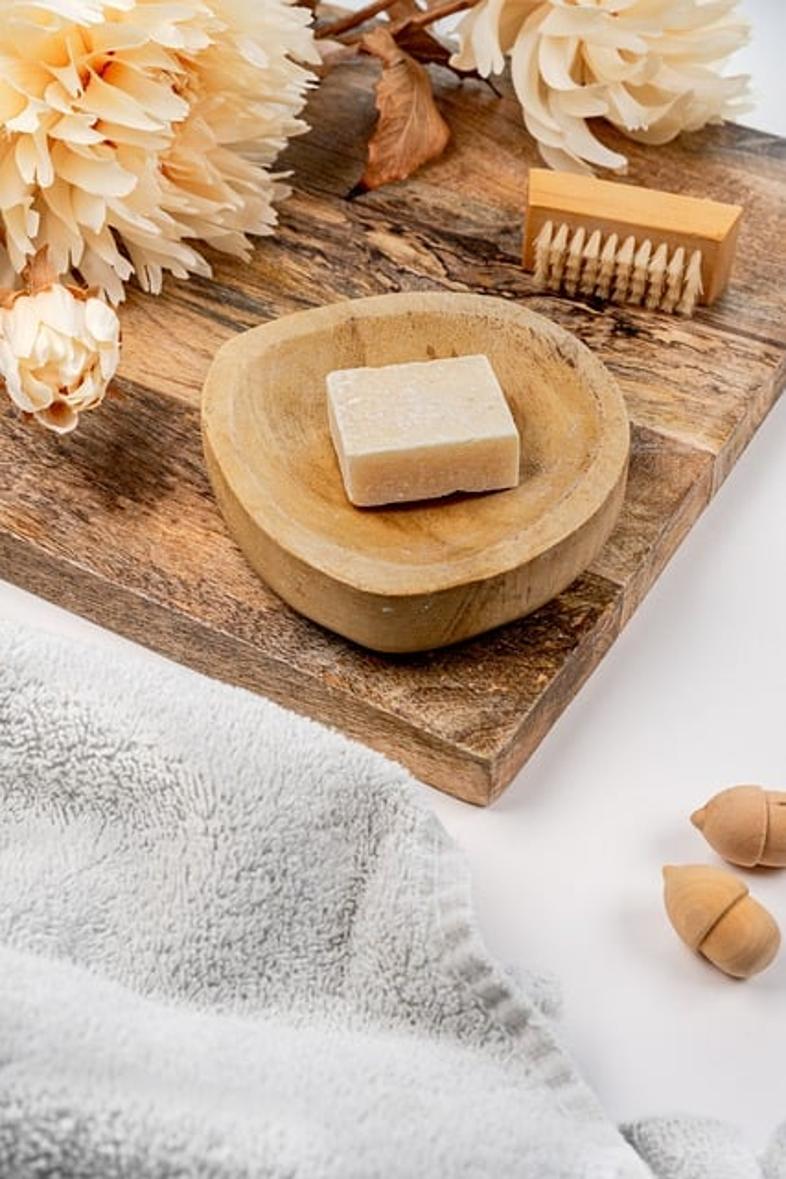Introduction
Dealing with a smelly freezer can be frustrating and unpleasant. Weird odors from your freezer not only make the appliance unbearable to open but can also impact the taste and quality of your stored food. Identifying the root cause of these odors and taking immediate and effective actions can transform your freezer from a smelly inconvenience to a fresh and functional part of your kitchen. In this comprehensive guide, you’ll discover the best methods to remove odors from your freezer, ensure it stays fresh, and prevent these smells from returning.

Identifying the Source of the Odor
Finding the root of the odor is the first and most crucial step in eliminating freezer smells. Odors in the freezer are typically caused by spoiled food, spills, or the build-up of frost and ice.
Start by doing a thorough inspection:
– Check for Spoiled Food: Examine every item, especially those stored for a long time. Discard anything that appears freezer-burned, discolored, or expired.
– Look for Spills and Leaks: Occasionally, food packaging may leak or burst, causing stains that can emit a foul smell. Evaluate trays and shelves for any signs of spills.
– Inspect the Ice Trays and Ice Maker: If your freezer has an ice maker, check whether the ice has absorbed any odors from uncovered foods. Old ice can also sometimes develop a musty smell.
Identifying these sources gives you a targeted approach, making it easier to tackle and eradicate the odors effectively.
Immediate Actions to Remove Odors
Once you’ve pinpointed the source, it’s time to act quickly to remove the odors. Here are steps you can take immediately:
- Empty the Freezer: Remove all food items. You can place them in a cooler with ice packs to keep them fresh temporarily.
- Defrost the Freezer: Turn off the freezer and allow it to defrost. Place towels around to catch any water from melting ice.
- Wipe Down the Interior: Mix a solution of warm, soapy water and use it to wipe down all surfaces. Pay special attention to crevices and corners.
- Rinse and Dry: Follow up the soapy wash with a rinse using a cloth dampened in plain water. Dry the surfaces thoroughly with a clean towel to prevent mildew growth.
- Ventilate: Leave the freezer door open for a few hours to let it air out.
These immediate actions help eliminate the bulk of the odors, laying the groundwork for a deeper clean and lasting freshness.
Deep Cleaning Methods
If odors persist, a more thorough clean using natural and effective cleaners is necessary. Here are the best deep-cleaning methods:
Using Baking Soda
Baking soda is renowned for its odor-absorbing properties:
– Create a Paste: Mix baking soda with a small amount of water to form a paste.
– Scrub the Interior: Use a sponge to apply the paste to all internal surfaces, including shelves and drawers.
– Rinse and Dry: Rinse with clean water and dry thoroughly.
White Vinegar
White vinegar is another potent odor neutralizer:
– Prepare a Solution: Mix equal parts of white vinegar and water.
– Spray and Wipe: Spray the solution inside the freezer and wipe down with a clean cloth.
– Leave Overnight: For tough odors, place an open bowl of vinegar inside the freezer overnight.
Coffee Grounds
Coffee grounds are excellent for absorbing and masking odors:
– Distribute in Containers: Place dry coffee grounds in shallow containers and spread them throughout the freezer.
– Leave for Several Hours: Allow the coffee grounds to sit for at least 24 hours.
– Remove and Dispose: Take out the containers and discard the used coffee grounds.
These deep-cleaning methods use natural ingredients, ensuring your freezer is odor-free without using harmful chemicals.
Natural Deodorizers
In addition to cleaning, natural deodorizers can help maintain a fresh smell in your freezer. Here are some effective options:
Activated Charcoal
Activated charcoal is highly effective at absorbing odors:
– Place in Containers: Distribute activated charcoal in small bowls or mesh bags.
– Position Throughout the Freezer: Place these containers in different areas inside the freezer.
– Replace Regularly: Change the charcoal every couple of months or as needed.
Lemon and Citrus
Lemon and other citrus fruits provide a fresh, pleasant aroma:
– Slice and Place in Freezer: Cut a lemon in half or use citrus peels, placing them in small dishes within the freezer.
– Replace Weekly: Refresh these natural deodorizers regularly to maintain their efficacy.
Essential Oils
Essential oils offer a variety of pleasant scents:
– Prepare Cotton Balls: Add a few drops of your favorite essential oil (such as lavender, lemon, or eucalyptus) to cotton balls.
– Disperse in Freezer: Place the scented cotton balls in small dishes throughout the freezer.
– Replace as Needed: Renew the essential oils every week to keep the scent fresh.
Using these natural deodorizers helps keep the freezer smelling fresh without imparting any harmful chemicals to your food.

Long-term Odor Prevention Strategies
After removing odors and cleaning your freezer, implementing long-term prevention strategies ensures the appliance stays fresh and odor-free.
Regular Cleaning
Regular cleaning is the cornerstone of preventing odors:
– Monthly Wipe Downs: Set a monthly schedule to wipe down the interior with a mild cleaning solution.
– Check for Spoilage: Regularly inspect and discard expired or spoiled food.
Proper Food Storage
Proper food storage plays a crucial role:
– Sealed Containers: Store food in airtight containers or freezer bags to prevent spills and absorption of other odors.
– Labeling and Dating: Label items with the date of freezing to keep track of their freshness and avoid long-term storage.
Use of Odor Absorbers
Consistently use odor absorbers for ongoing freshness:
– Baking Soda or Charcoal: Keep an open box of baking soda or activated charcoal inside the freezer.
– Commercial Odor Absorbers: Use commercially available odor absorbers designed for freezers and refrigerators.
Implementing these strategies will keep your freezer smelling clean and fresh for the long term.

Conclusion
Eliminating and preventing odors in your freezer is essential for maintaining a fresh-smelling and hygienic kitchen environment. By identifying the source of the odor, taking immediate action, performing deep cleaning with natural methods, and employing long-term prevention strategies, you can keep your freezer in top condition. Follow these steps to say goodbye to unpleasant freezer smells and enjoy a fresh, odor-free appliance.
Frequently Asked Questions
How often should I clean my freezer to prevent odors?
You should aim to clean your freezer every three to six months to prevent the build-up of odors. Regular spot cleaning and monthly wipe downs can also help maintain freshness.
Can I use bleach to clean my freezer?
While bleach is effective at sanitizing, it’s not recommended for freezer cleaning due to its strong odor and potential food contamination risks. Instead, opt for natural cleaning agents like baking soda or vinegar.
What should I do if the odor persists after cleaning?
If the odor persists after cleaning, consider repeating the deep cleaning methods or using stronger absorbers like activated charcoal. Persistent odors may also require professional attention to check for mold or mechanical issues.
